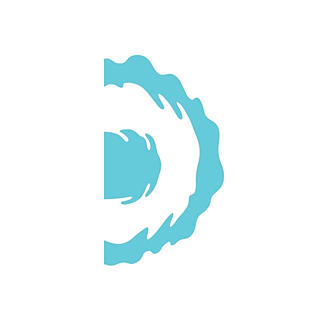'Only One Earth'
- Dig Deep Africa
- Jun 1, 2022
- 3 min read
Updated: Oct 6, 2022
Since 1973, the 5th of June has been celebrated as World Environment Day, with this year's theme being Only One Earth. This day creates a platform for discussion around key threats to our world including pollution, health, sustainable development, and climate change to name a few.
We asked our Project Officer, Nicky, to reflect on his work in Bomet County, Kenya, and how we are contributing to the goals of World Environment Day.
During this World Environment Day 2022, every one of us needs to take time to picture how the world will typically look like in decades and centuries to come. Our planet was created to be self-sustaining whereby we get food and resources from the rich ecosystem. As humans conduct their activities for survival, there is a risk of environmental degradation and therefore, environmental safeguarding measures should be adhered to. This calls for environmental conservation strategies to minimise the exploitation of the world's resources.
What steps is Dig Deep taking to safeguard the environment in Bomet?
At Dig Deep (Africa), we are delighted to be part of this movement of safeguarding the environment through water, sanitation, and hygiene (WASH) interventions aimed at the prevention of diseases, and accelerating access to clean water, sanitation, and good hygiene for over 1 million people. We have put our focus on the protection of drinking water sources, Community-Led Total Sanitation (CLTS), Water Quality Testing, and working with local partners, to build capacities and sustainable systems to ensure the effective maintenance and management of resources.
Data is Key
Data management is a vital component for monitoring and tracking environmental interventions. In this regard, Dig Deep (Africa) has supported Bomet County to establish a Water Sanitation and Hygiene Hub (WASH Hub) to enhance data sharing and act as an information tool for key players in environmental health. The information is then utilized by Bomet County Government in budget-making processes, resource mobilization, and prioritization of interventions.
The WASH Hub is currently analysing data from our household and institutional surveys and mapping of 225 water points last year. In these surveys, we found that 36% of people surveyed identified springs as their primary source of drinking water, more than any other single source. However, 91% of households using springs as a primary source identified the spring as unprotected.
This represents an opportunity for basic water access to be affordably provided to almost one-third of the population of Sotik sub-county by spring protection activities alone, or approximately 9,000 households. This could be done by the protection of 74 springs identified in the survey as unprotected.

Project Officer, Nicky pictured training local partners on market-based sanitation for sustained open defecation free (ODF) status and climbing the sanitation ladder.
Increasing access to basic water supplies and eliminating open defecation
In early 2022, we have been working closely with local communities and our partners to advance the protection of springs in the region and safeguard the environment. We've already protected one such spring in Chemutial and have plans to rapidly scale up these interventions. The Chemutial spring was recently opened on World Water Day and celebrated in the Kenyan national press.
During the celebrations, residents learnt what varieties of trees they can plant to ensure a constant supply of water. The day was also marked by residents learning good hygienic methods that prevent water-borne diseases, proper use of toilets, the importance of handwashing as well as water quality treatment through the use of water filters.
The future potential of the WASH hub will provide information on crosscutting water and sanitation systems, agriculture, industry, ecosystems, and climate change adaptation to name a few. But what is clear, this World Environment Day, is that we all have a full-time obligation in our present times, to preserve and protect the environment for future generations.
Written by Nicky Ronoh, Project Officer, Dig Deep (Africa)





Comments